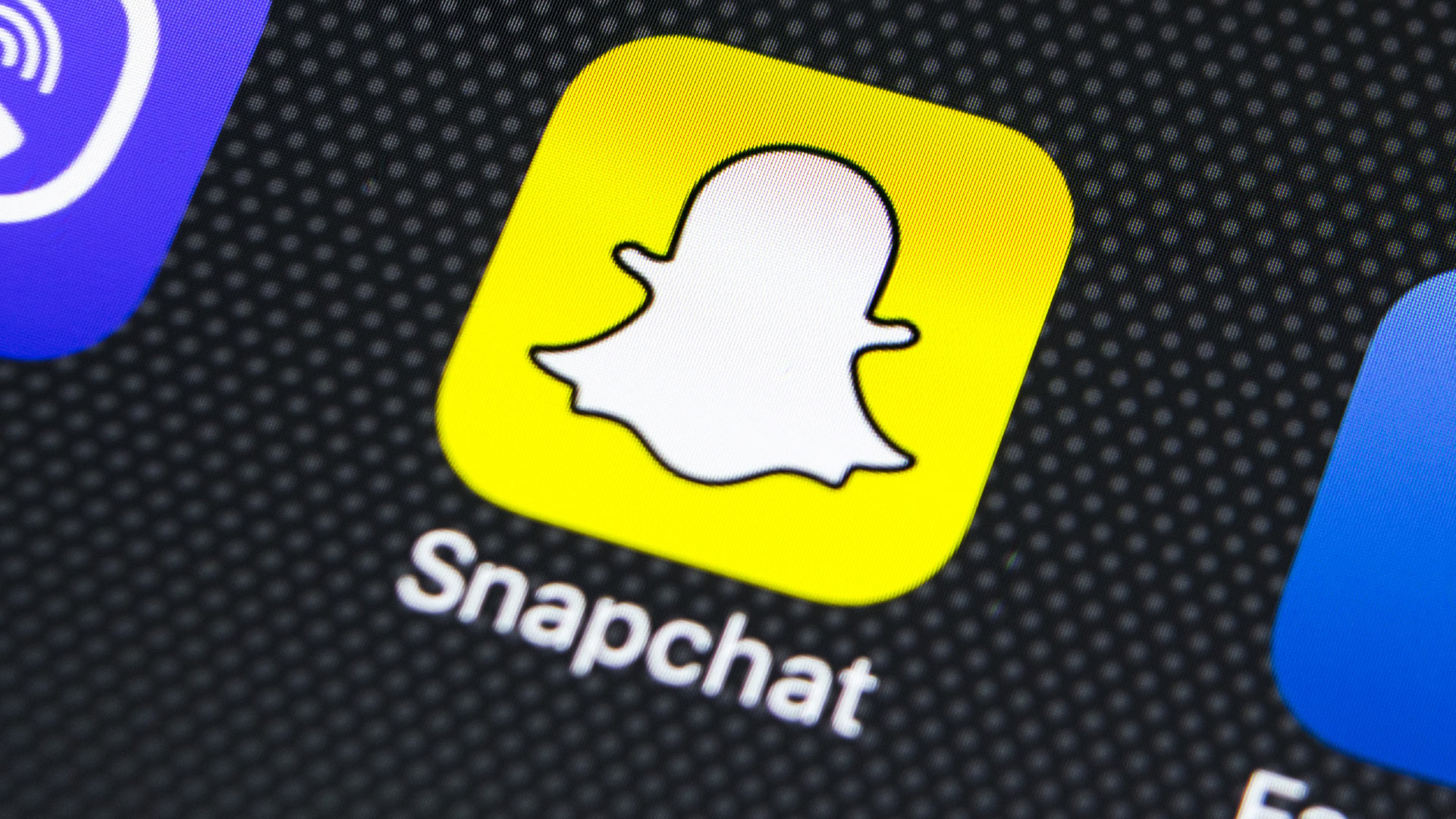[ad_1]

Snapchat has been accused of facilitating the sale of fentanyl-laced pills that led to the fatal overdoses of eight teens and young adults across the country. A lawsuit filed on January 3 in California on behalf of the families of the victims alleges that Snapchat played a crucial role in their deaths.
The legal battle coincides with the ongoing national fentanyl crisis, with lawmakers across the country weighing whether to increase penalties for fentanyl distribution.
“Snap’s products have encouraged, enabled, and facilitated the illegal and deadly drug sales of counterfeit pills containing lethal doses of fentanyl to minors and young adults,” the lawsuit reads.
Filed by the Social Media Victims Law Center, the suit takes particular aim at Snapchat’s “My Eyes Only” and “Snap Map” features, which enable disappearing messages to avoid parental supervision and connect users with individuals nearby.
One of the victims, Max Osterman of Thornton, Colorado, was just 18 when he died in February 2021. According to the lawsuit, Snapchat was instrumental in connecting Osterman with drug dealers on the network through its public profile settings, user recommendation algorithm, and mapping and location features.
“These are common tools utilized by Snapchat dealers to find teens, and that is precisely what happened to Max while he was still in high school,” the lawsuit said.
Osterman died days after purchasing what he believed to be Percocet through the app. Tragically, the pill contained a deadly amount of fentanyl.
The lawsuit argues that Osterman would never have connected with the drug dealer had it not been for the social media app.
According to the lawsuit, the dealer in question still had a Snapchat account more than a year after the incident, despite the company claiming that it bans drug dealers’ accounts and blocks them from creating new ones.
“Snap’s product is specifically designed to attract both children and illicit adult activity,” the lawsuit claimed. “Its foundational product feature is disappearing messages, which draws in both minors interested in evading parental oversight and drug dealers interested in engaging with vulnerable minors without detection.”
The company responded to the lawsuit with a statement saying it is concerned about the problem of drug trafficking on social media networks and is cooperating with law enforcement to crack down on drug dealers using the site.
“While we can’t comment specifically on active litigation, we can share all the progress we have made in this area. We use cutting-edge technology to proactively find and shut down drug dealers’ accounts, and we block search results for drug-related terms, instead redirecting Snapchatters to resources from experts about the dangers of fentanyl,” the company said. “We have also expanded our support for law enforcement investigations, promoted in-app educational videos warning about the dangers of counterfeit pills that have been viewed over 260 million times on Snapchat, and are partnering with the Ad Council, non-profit organizations, and other platforms on an unprecedented national public awareness campaign that launched in October.”
The FBI, Department of Justice and federal lawmakers are also taking a hard look at Snapchat’s role in fentanyl sales, according to NBC News. The House Energy and Commerce Committee held a roundtable on the issue in January that could lay the groundwork for new proposals for laws to protect kids on the internet or limit liability protections for online platforms.
[ad_2]




